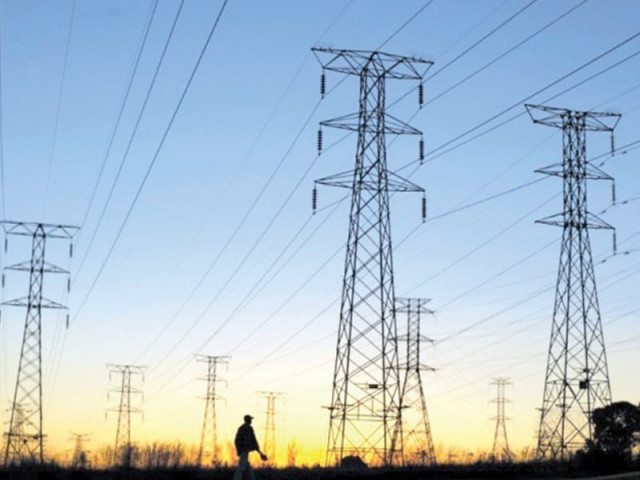Electricity import: Russia’s $500 million funding offer gets cold shoulder
Three nations participating in Casa-1000 MW power import project don’t warm up to the proposal under US influence.

Russia wanted contract of building power transmission lines against the investment of $500 million and Pakistan had welcomed this offer.
The participating countries of Casa-1000 Megawatt (MW) power import project have given cold-shoulder to Russia’s offer of providing $500 million to implement the project, reportedly under pressure from Washington.
Russia had offered an investment of $500 million in establishing a transmission system for the Central Asia South Asia 1,000-megawatt (CASA-1,000) power import project, which stipulates bringing electricity from Kyrgyzstan and Tajikistan to Afghanistan and Pakistan.
Sources told The Express Tribune that Russia wanted contract of building power transmission lines against the investment of $500 million and Pakistan had welcomed this offer.
“However, other participating countries of the project – Afghanistan, Kyrgyzstan and Tajikistan – have not expressed interest in this offer and therefore no progress has been made so far in this regard,” the sources added.
Officials said that Russia was keen to contribute financing and getting contracts of gas import projects like Iran-Pakistan (IP) and power imports but due to the influence of US in the region, it is getting no welcoming response.
Officials said that Russia could join the power import project after Asian Development Bank (ADB) had pulled out but Islamic Development Bank (IDB) had signalled its willingness to become part of the consortium to contribute financing for the project. Therefore, officials said that it was unlikely that Russia could join this project.
Now, the World Bank and Islamic Development Bank (IDB) have agreed to provide $1 billion to implement the power import plan.
The Asian Development Bank (ADB) was to contribute 40 per cent financing for Casa-1000 MW power import project but it walked out for unknown reasons.
The CASA-1,000MW project is a strategic project for the US like the Turkmenistan-Afghanistan-Pakistan-India (Tapi) gas pipeline project. The US had been trying to promote the CASA and Tapi projects which experts term unfeasible due to security concerns in Afghanistan.
CASA-1,000 is designed to transmit 1,300MW of surplus electricity from Tajikistan and Kyrgyz Republic through Afghanistan, which is going to consume 300MW, to Pakistan. The memorandum of understanding among the four governments was signed on November 16, 2007 in Kabul.
In the final feasibility study of CASA-1,000 project conducted in February, 2011, the surplus power capacity to export by Tajikistan and Kyrgyz Republic has been reassessed. About 3,700 gigawatt hours (GWh) is expected to flow by 2016.
However, the catch is that under “No Generation Expansion Scenario”, the amount of exported power will be decreasing each year in view of the rise in local demand in Tajikistan and Kyrgyz Republic. Moreover, the energy flow will not be available throughout the year and will be recurring during the April to September period of every year only.
The cost of transmission had been projected at 3.37 cents per unit which will go up to 7.26 cents by 2030. Whereas levelised cost of energy – the price at which electricity must be generated from a specific source to break even over the lifetime of the project – will be 5.38 cents per unit for 15 years and 4.94 cents for the 30-year period.
Projected sale price of energy by Tajikistan is 1.5 cents per unit and 2.5 cents per unit by Kyrgyz Republic.
Published in The Express Tribune, October 22nd, 2013.
Like Business on Facebook, follow @TribuneBiz on Twitter to stay informed and join in the conversation.



















COMMENTS
Comments are moderated and generally will be posted if they are on-topic and not abusive.
For more information, please see our Comments FAQ